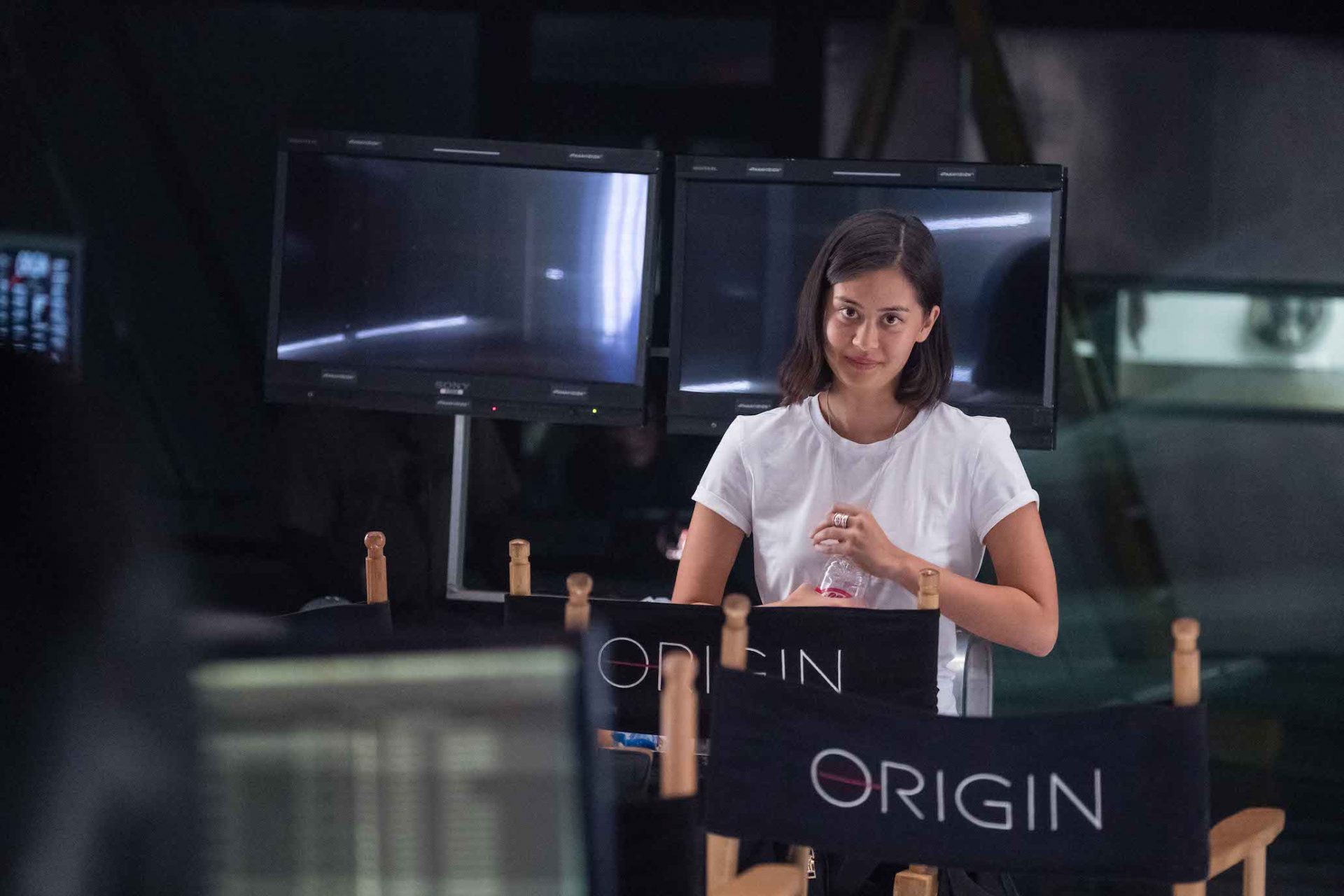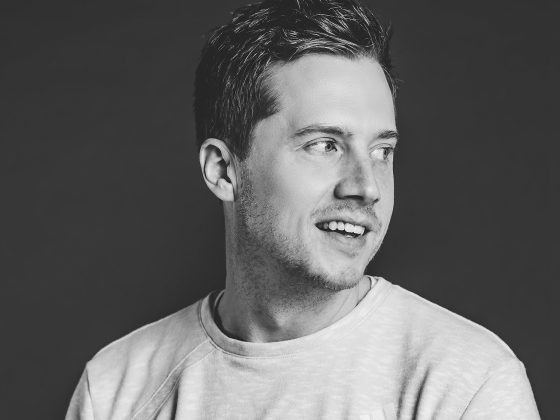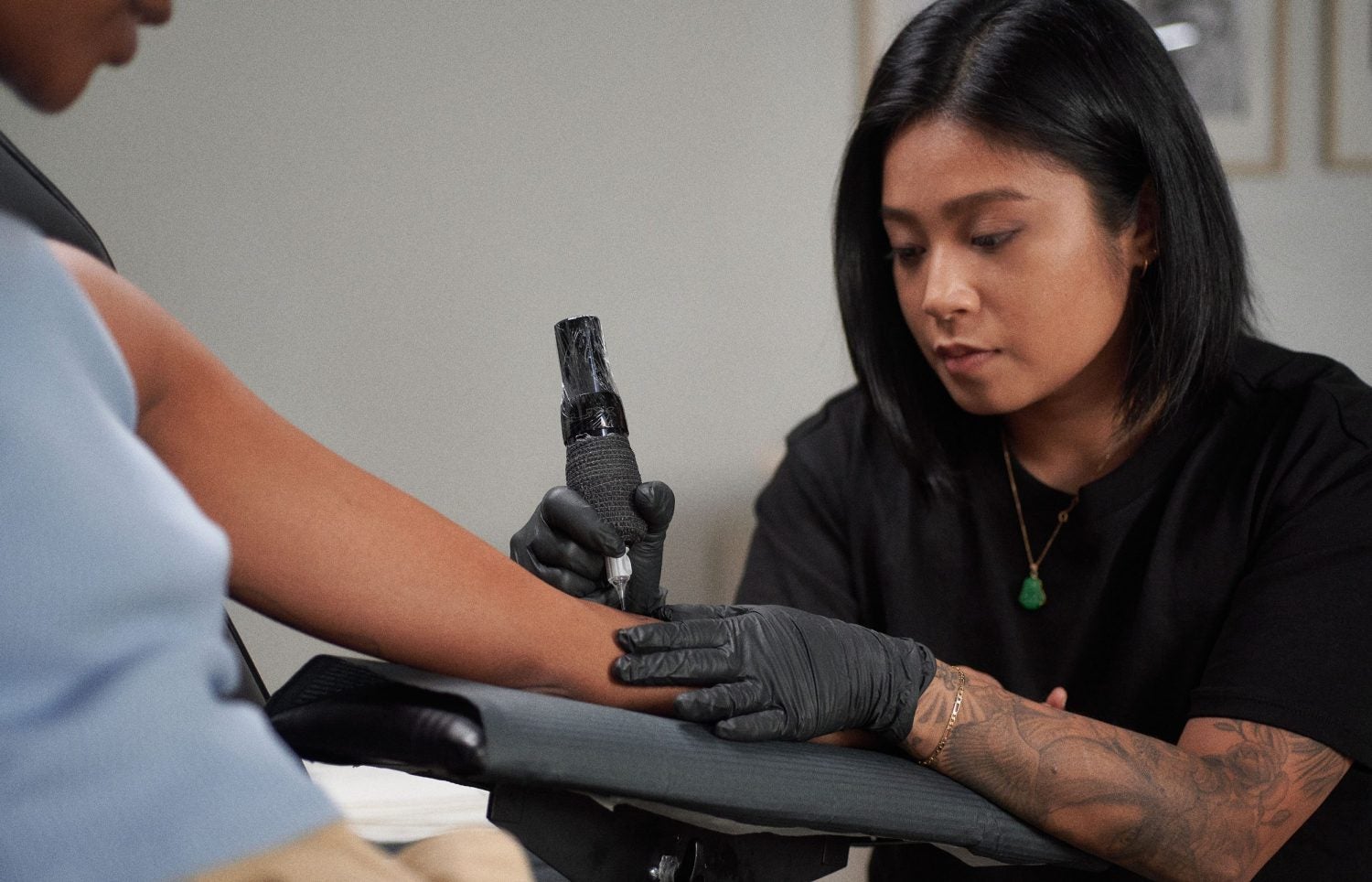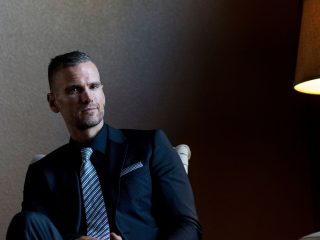What do you do when you want to break into the film industry, but you have no connections or experience? You find your way in no matter what, and work your way up. For Mika Watkins, it meant taking a backwards career step and becoming an intern at the age of 24, editing scripts full-time, then realizing that she could write them just as well. The script that Mika was first paid to write has now been launched into a TV series on Youtube, called Origin, and stars Harry Potter film series actors Tom Felton and Natalia Tena.

So, how does an intern become the youngest showrunner in the world and get to work with such well-known actors? What was it like to go through this journey without any experience? Mika shared all with me during a recent phone interview.
“They wouldn’t take me seriously for quite a long time.”
Before you think that Mika must have gotten lucky, it’s important to remember that no one who ever landed a big opportunity had it happen overnight. Mika had been writing since she was 21 without much professional luck. What’s more, she didn’t know anyone in the TV industry so had to find a way in herself.
Her first job after university was in entertainment TV, then she went into documentary and comedy, and finally got an internship at Sony-owned Left Bank Pictures, who are based in London. “When I was 24, I left a company called Objective Productions, where I’d been working as a researcher, and went to Left Bank and become an intern. To go back to earning so little while writing on the side was really hard,” Mika said.
Gaining credibility as a writer was also a journey. “To be honest, when I started writing, I wasn’t good enough. It took me a long time to become better – and it was at that point that people started to take me seriously.”
It was a few months after she’d started at Left Bank that the Head of Comedy at Objective called up and said he’d read the sitcom script she’d left behind there. “He wanted to buy it. That was really my big break. Shortly after, my friend recommended me to his agent, who signed me.” After that, Mika started to get original work into development, along with writing episodes of other TV shows for BBC, Netflix and Sky.
“With Origin, it all just happened very quickly,” Mika said. “I had a meeting with a company who said they wanted a show set in space. I went home and wrote the idea for Origin probably in 4 hours. Left Bank loved the pitch and commissioned the script, and about a year later we were in the States, pitching it to 6 different networks.”
Mika not only wrote Origin, but also became the showrunner, meaning she had complete creative control – even though she had no prior experience. YouTube, who funded the series, didn’t care and took the risk.
“Nothing can really prepare you for being a showrunner.”
Soon after her show was greenlit, Mika found herself on set, where she not only had to be the lead writer but play many other roles as well. “Nothing can really prepare you for being a showrunner,” Mika said. “It’s one thing to be a writer or director, but showrunner means you are writing, you are on set with the director, you are talking to the actors, you are choosing costumes and music across the edit. It’s really working 24/7 for 5-6 months.”
Mika describes herself as a control freak, which in this case, happened to make her job much easier. Fortunately for her, her previous employer Left Bank made the series, so she was not working with a team of strangers.
But even in an ideal situation like this, there is such a high volume of work that lands on the creator or showrunner’s shoulders that it can be extremely challenging at times. “There were points where I felt so overworked, and like I was being pulled in so many directions, that I just needed to be alone,” Mika said. Keeping focus is difficult when you are distracted every minute, so her response was to just not tell anyone where she was at times, and go to a quiet room where she could write . “I definitely felt like my brain was so full at times, I couldn’t remember anything. When someone said ‘we have meeting tomorrow’ and I was like ‘ok, sure,’ I’d then forget immediately.”
“I have never been that tired in my whole life.”
The schedule for Origin was demanding, and involved double banking, meaning that they were filming two units at the same time. As each unit was filming two episodes at once, this meant that there were times where four episodes were being shot concurrently.
This expedited shooting schedule nearly exhausted Mika. She would need to be in multiple shooting locations at any one time, while also trying to redraft the scripts for the next block. “I have never been that tired in my life,” recalls Mika. “We were in Cape Town during the drought, where there was a lot of sickness going around. I got sick twice, and I had to go to the hospital. I was really, really, really ill.”
Being away from family and friends, especially when ill, was challenging for Mika. “One of the most difficult things for anyone working on a shoot is that you kind of lose sense of reality because you are out there in a bubble,” Mika said. “And you are with all the same people all day, who were mostly strangers before, but they kind of become your family because you don’t have anyone else there. So I think it’s hard to go from normal life to [film shooting life] and then back to normal life again.”
With great responsibilities sometimes comes great rewards.
A benefit of being the showrunner was that she got to choose a large proportion of her “work family” . “The key hires ended up being my decision, and with the cast I got everyone I wanted,” said Mika. These included Tom Felton, who played Draco Malfoy in Harry Potter. “Tom just auditioned, and I was like ‘oh my God, he is great,’” Mika said.
Mika’s story is a perfect example of how years of hard work and commitment can build up enough confidence and focus to pounce on an opportunity when it arises. She has shown the world that you don’t need to be born into the film industry, or have any previous connections, to make history in it. It just takes a lot of practice, commitment, and courage.

















